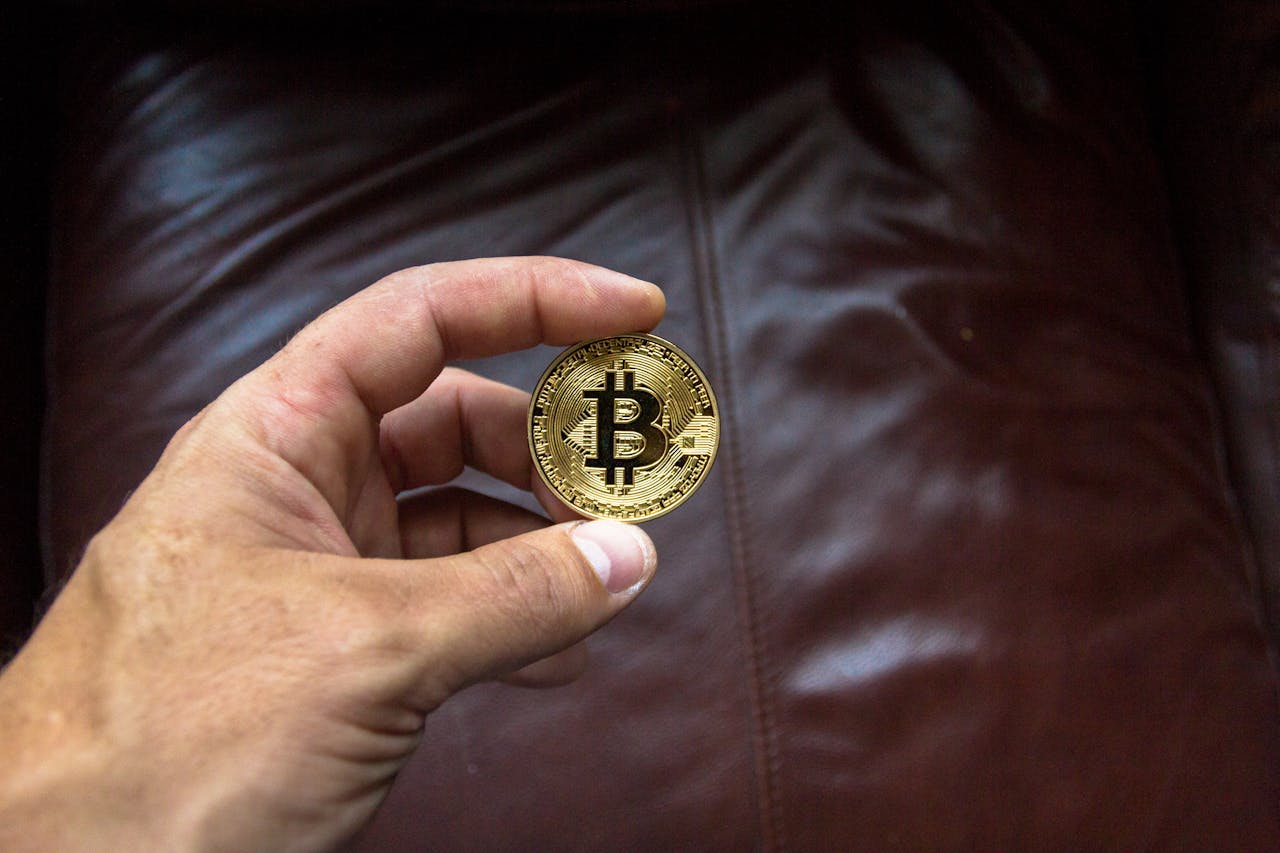

The cryptocurrency market in Southeast Asia (SEA) has seen exponential growth in recent years. The revenue of cryptocurrency in the region was around USD 1,384 million in 2023 and is expected to grow by USD 1 million in the next four years. Countries like Indonesia, Singapore, and the Philippines are at the forefront of this digital revolution. The region's young, tech-savvy population, coupled with increasing internet penetration, has created a fertile ground for the adoption of cryptocurrencies. Currently, the crypto market in SEA is valued at several billion dollars, with projections indicating continued growth.
One of the primary drivers of this growth is the increasing use of cryptocurrencies for remittances. Many SEA countries have large populations working abroad who send money back home. Cryptocurrencies offer a faster and cheaper alternative to traditional remittance services, making them an attractive option for many. Additionally, the rise of decentralized finance (DeFi) platforms provides new opportunities for investment and financial inclusion, further driving the adoption of cryptocurrencies in the region.
Blockchain technology, the backbone of cryptocurrencies, is also gaining traction in SEA. The technology's potential to enhance transparency, security, and efficiency across various sectors is being recognized by both the public and private sectors. Governments and businesses in SEA are exploring blockchain applications in areas such as supply chain management, healthcare, and finance.
For example, in Singapore, blockchain is being used to streamline cross-border trade and improve supply chain transparency. The country's proactive approach to blockchain technology positions it as a blockchain hub in the region. Similarly, the Philippines is leveraging blockchain to enhance the efficiency of its remittance industry, providing faster and more secure transactions for overseas workers.
The opportunities for blockchain in SEA are vast. Financial inclusion remains a significant challenge in many SEA countries, and blockchain technology can be pivotal in addressing this issue. By providing decentralized financial services, blockchain can help bring banking and financial services to the unbanked and underbanked populations, fostering economic growth and development.
The regulatory environment for cryptocurrencies and blockchain in SEA is evolving. Governments in the region are recognizing the potential of these technologies while also addressing the associated risks. Regulatory frameworks are being developed to protect consumers, prevent fraud, and promote innovation.
In Singapore, the Monetary Authority of Singapore (MAS) has established a comprehensive regulatory framework for cryptocurrencies, focusing on anti-money laundering (AML) and counter-terrorism financing (CTF) measures. This approach aims to create a safe and conducive environment for crypto businesses while protecting consumers.
Indonesia, on the other hand, has adopted a more cautious approach. The country's central bank, Bank Indonesia, has banned the use of cryptocurrencies as a means of payment but allows their use as investment assets. This regulatory stance aims to mitigate the risks associated with cryptocurrencies while still enabling innovation in the blockchain space.
The Philippines has also made strides in regulating the crypto market. The Bangko Sentral ng Pilipinas (BSP) has issued guidelines for virtual currency exchanges, focusing on AML and CTF measures. These regulations aim to foster a secure and transparent crypto market, encouraging the adoption of digital currencies while protecting consumers.
The growth of cryptocurrency in SEA highlights the region's embrace of digital innovation and financial inclusivity. As governments and financial institutions increasingly recognize the potential of blockchain technology, the landscape is set for continued expansion and integration.
Source: https://ycpsolidiance.com/white-paper/fintech-southeast-asia-trends-2024

An Overview of the Halal Cosmetics Market in Malaysia
The halal cosmetics market in Malaysia has been experiencing significant growth. It is driven by a combination of increasing consumer awareness, government support, and the rising demand for halal-certified products among both Muslim and non-Muslim consumers.

How Digital Marketing is Transforming the Automotive Lubricants Market in Southeast Asia
In recent years, digital marketing has emerged as a transformative force in the Southeast Asian (SEA) automotive lubricants market. The region's rapidly growing internet penetration and increasing smartphone usage have created fertile ground for innovative digital strategies. This evolution is reshaping how companies engage with customers and streamline their operations, offering numerous opportunities for growth and efficiency.

Exploring New Business Models for a Sustainable Future
Transitioning towards new sustainability business models can help companies drive positive change and contribute to a more sustainable future.

Revolutionizing the Automotive Lubricants Value Chain in Southeast Asia
The Southeast Asian (SEA) automotive lubricants market operates within a well-defined value chain, spanning various stages crucial for the production, distribution, and consumption of lubricants. The structure encompasses three primary segments: upstream, midstream, and downstream.